Post
A catch
Save a catch to start your fishing logbook. You will be able to to share it with the community if yo want!
A fishing trip
Post an ad to go fishing with other fishermen
Save a catch to start your fishing logbook. You will be able to to share it with the community if yo want!
Post an ad to go fishing with other fishermen
Share a thought, a question with the community
My favorite cities
×Join our 4 fishermen in Saint-Louis in St. Louis (city). The fishing forecast is currently 2.8. The most caught fishes here are the brook trout, the striped bass, the arctic grayling and the channel catfish. Come try the most famous fishing techniques like the how to catch smelt with square net?, deep-sea fishing, trolling for bonito or barracuda trolling.
Our fishing forecast of Saint Louis indicates the best time to go fishing in this city.
The Brook Trout
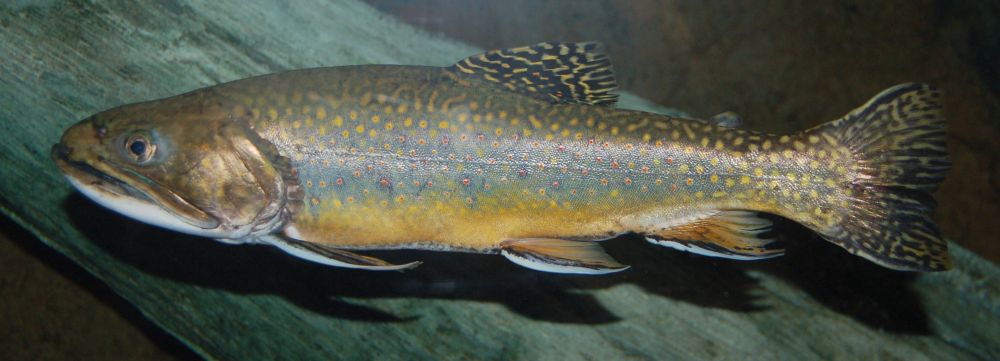
The Brook Trout belongs to the Salmonidae family. The average size of the brook trout is 50 cm and the weight only exceptionally exceeds 7 kg. It has a longevity of 5 years. It reproduces in autumn. It is fished from April to September. Its body is fusiform, laterally compressed, and slender. Its general shape is reminiscent of trout, although a little more massive. The body is arched at the dorsal fin. It has a small but stocky head with a widely split mouth, including teeth on the jaws, tongue and palate. On the body, the scales are small and thin. The Brook trout have two dorsal fins, one of which is characteristic of Salmonids. The color is distributed differently over the body: the back is rather dark brown, with lighter mottling and covered with a network of very close yellow spots. The sides have a beautiful light brown color, sometimes olive green. They also have yellow spots, less tightened. Round and red spots can also be seen on the sides. The color of the belly varies from white to pink, but can be pale yellow to dark red. It all depends on the environment in which it operates. Populations living near the bottom are paler than those living in open water, rather colorful. In males, the livery becomes bright orange during the breeding season. Finally, the pectoral, pelvic and anal fins are bordered by a white border, specific to the genus Salvelinus, highlighted here by a black band.
The Brook Trout is a famous fish you can catch in Saint Louis.The Striped Bass
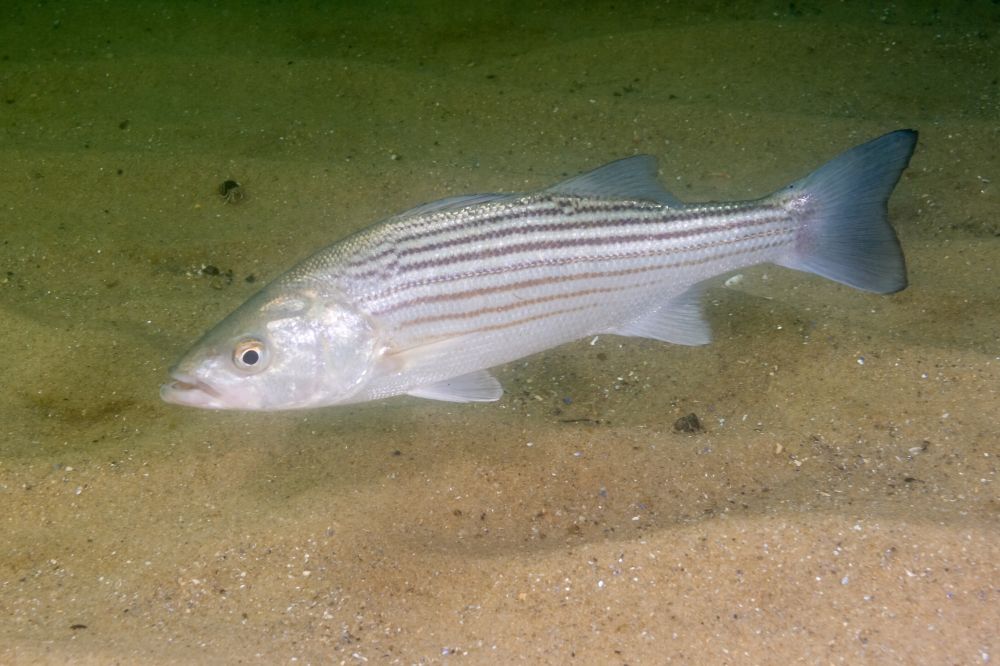
The Striped Bass belongs to the Moronidae family. It can weigh between 4 and 23 kg and size 46 to 140 cm. He can live up to 20 years. It spawns from April to mid-June. It can be fished from May to November. The striped bass has a laterally compressed body, a large terminal mouth, distinct dorsal fins and six to nine continuous lateral bands on both sides of its body. The second anal spine is shorter and thicker than the third anal spine. Striped bass tend to be pale green, olive, steel blue, black or brown on their back, with an iridescent white or silvery belly. Individuals over 25 years of age have been recorded and sexual maturity is reached between 2 and 4 years for men and between 5 and 8 years for women.
The Striped Bass is a famous fish you can catch in Saint Louis.The Arctic Grayling
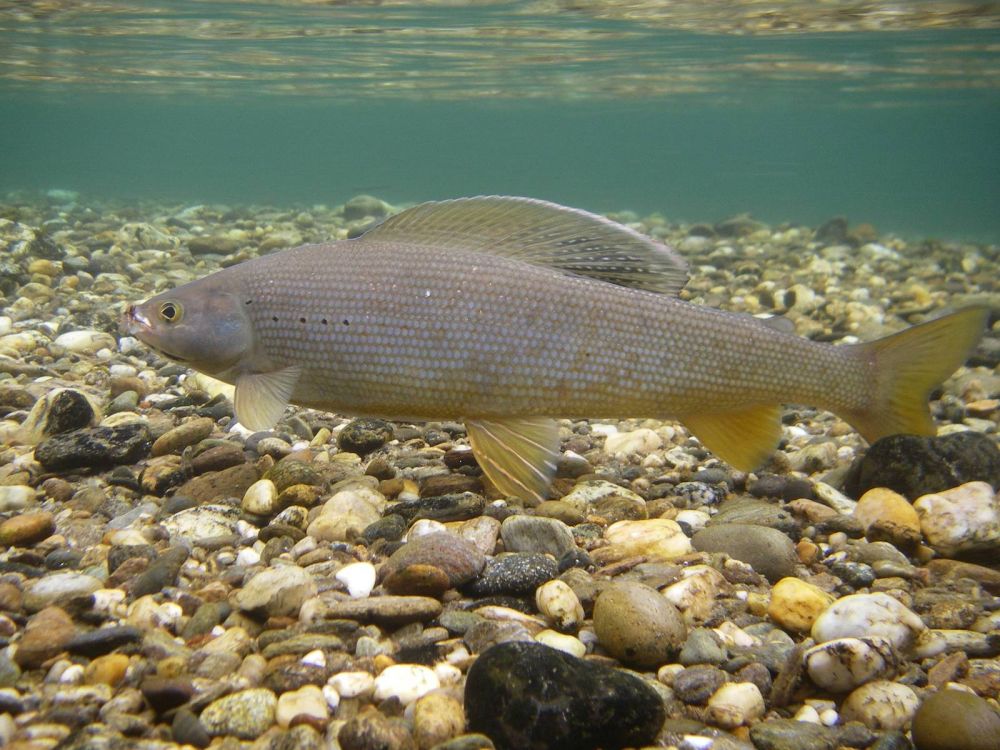
The Arctic Grayling belongs to the Salmonidae Family. The Arctic shade can reach a length of about 24 cm long and weighs about 3 kg. He can live to be 18 years old. It breeds in the spring and lays thousands of eggs. It can be fished all year round. Coloring may vary depending on the location. The dorsal fin is usually bordered red and dotted with large iridescent red, turquoise, purple or purple spots and marks. Back marks are more evident on the large shadows. The back of the Arctic shadow is generally dark. The sides can be in black, silver, gold, or blue. Gold markings sometimes form a border between the hips and the belly, while pelvic fins can be orange, red or pink. The sides and head can be freckles with black spots. The eye of the iris is often the color of gold.
The Arctic Grayling is a famous fish you can catch in Saint Louis.The Channel Catfish
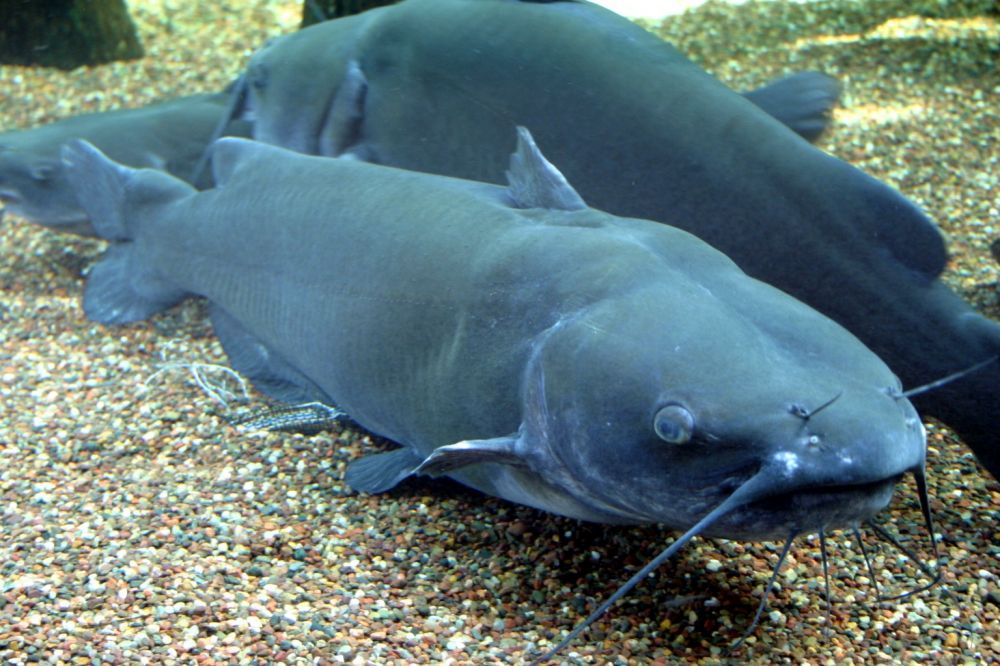
The Channel Catfish belongs to the Ictaluridae family. adults often weigh between 40 and 60 cm. The maximum weight recorded is 26.3 kg. It has a life span of 15 years. It breeds from May to July. The ideal time to fish them is from March to May, before the breeding season. The body is elongated and flattened. The eyes are small and the mouth is lesser. They have eight sensory barbells, or "whiskers", around their mouths. Four whiskers are on the chin, two on the muzzle and one at both corners of the mouth. The tail is deeply forked with the edge of the rounded anal fin. The adult color is pale grey to olive on the back and white to yellowish on the belly. The young are generally light grey at the back and silvery on the sides. The sides have scattered dark spots.
The Channel Catfish is a famous fish you can catch in Saint Louis.The Largemouth Bass
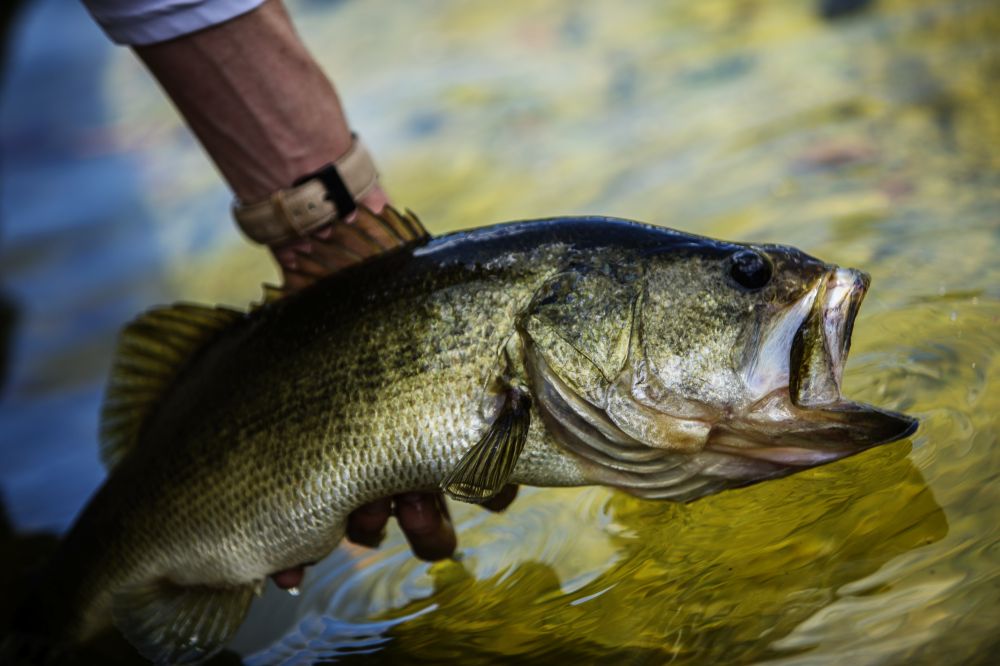
The Largemouth Bass belongs to the Centrarchidae family. It has an average size of 45 cm but may reach 60 cm. The maximum recorded weight was 10,09 kg. It has a lifespan of 6 years. It breeds between February and July. It can be fished all year round. Largemouth bass has a large mouth with a slightly oblique mouth. Its body is thin to robust, slightly flattened laterally and of oval cross-section. The corner of the mouth extends beyond the eye. The back and head are dark green to light green in color with lighter sides and a whitish belly and underside. A large lateral band can be seen from the snout through the eyes to the base of the tail. Towards the tail, there is a series of spots of different sizes. These spots become a solid and uniform band on the caudal peduncle. The eye is golden brown. Vertical fins slightly pigmented, generally clear paired fins; caudal fin in young and adult. Adults in muddy lakes are dark olive brown to black, with marks that are difficult to distinguish. Males in breeding condition tend to be darker in color.
The Largemouth Bass is a famous fish you can catch in Saint Louis.Our fishing forecast of Saint Louis indicates the best time to go fishing in this city.
Our fishing forecast of Saint Louis indicates the best time to go fishing in this city.
Our fishing forecast of Saint Louis indicates the best time to go fishing in this city.
